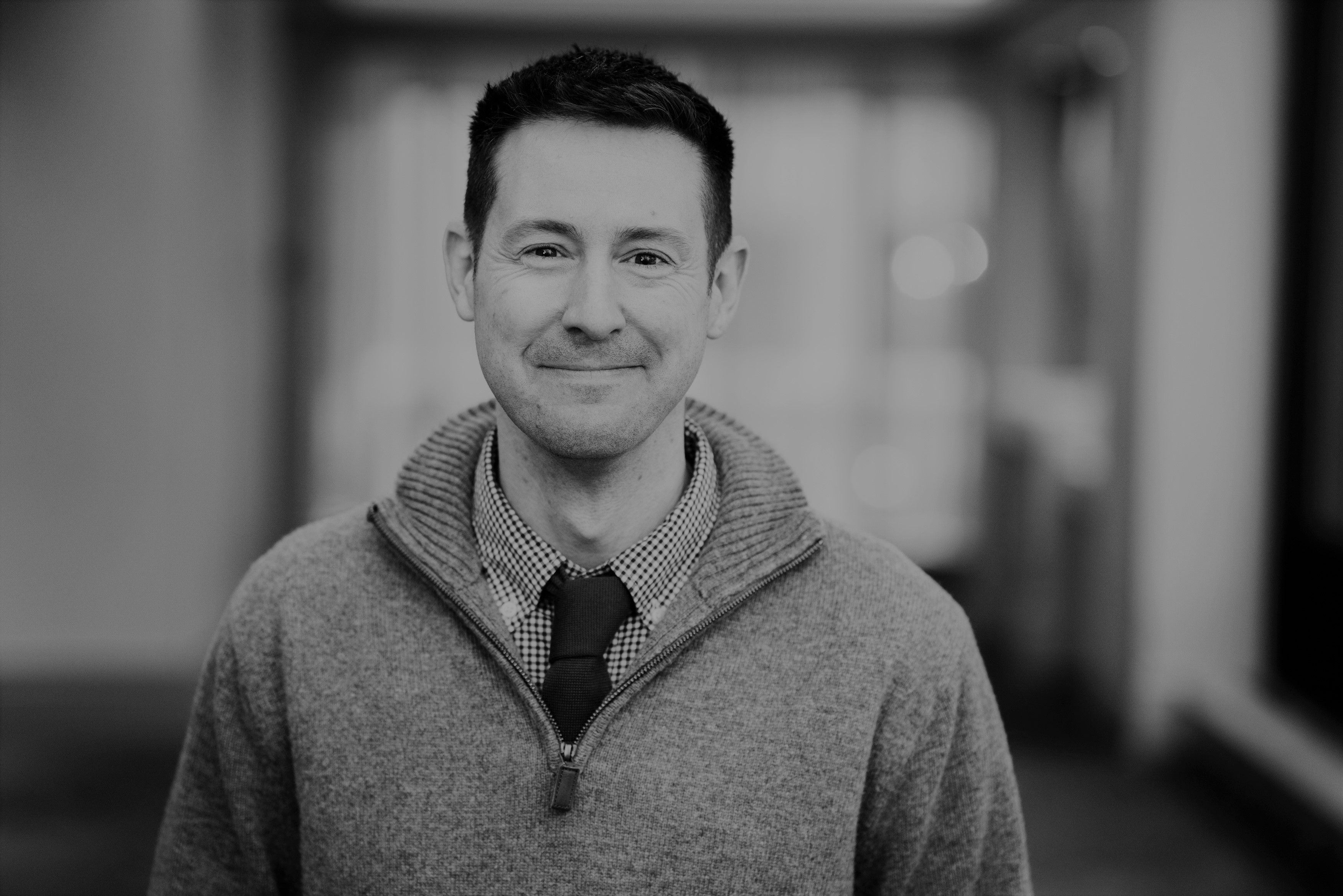
Steve Nelson, Program Manager for the MIT Integrated Learning Initiative (MITili), works with research associates and faculty to connect ideas and find ways to solve the most pressing problems in education. He is passionate about education and learning, having spent the last few years working to improve workplace learning in the corporate world, he is now focused on helping find research solutions to solve all education issues, from K12, Higher Ed, and Workplace Learning. Steve works with research partners on the campus of MIT to facilitate transformational learning objectives and create educational best practices.
A graduate of the University of Connecticut, Steve holds a Bachelor of Arts in English and Journalism as well as a graduate certificate in Higher Education Leadership and Management from the University of Massachusetts. When Steve isn’t helping connect education research on campus and beyond, he likes to travel with his wife and spend time with his cats.
When and how did you become interested in Education and Learning?
I went to a lower tier high school growing up, and while I excelled I realized upon entering college that the bar was set pretty low. I struggled my first year, being woefully under-prepared for the rigors of a university education. Since then, I’ve tried to approach this job as a way to turn the tide and help ensure students won’t have to suffer through long and sleepless nights because they are afraid they won’t succeed.
Every student should have an equal opportunity at a great education and we’re helping make that possible. It’s probably the most proud I’ve been in my career and keeps me energetic and positive each day I go to work.
What type of research do we need more of to make learning effective?
That’s a really good question and perhaps we don’t have a concrete answer right now. I know with the COVID-19 pandemic, things became drastically different overnight and perhaps we need to be more prepared to adapt to those changes. Open Learning has done a great job overall of helping pivot MIT from traditional learning to online but we won’t know what effects that will have until we have more data down the road. It will be interesting to see how this plays out and if the disruption has an effect on education outcomes.
A few years ago there was the so-called ‘MOOC Boom’ where universities feared online learning might overtake the traditional classroom. I think we’ll find during this time that a large part of the learning experience needs to include community and hands-on experiences. After all, the MIT moto is ‘Mens et Manus’ (Mind and Hand).
What type of research is MITili overseeing at the moment?
We’ve funded several projects this year which includes a wide scope of various education policy and methods. Two of the more interesting studies include EdTech projects aimed at increasing educational effectiveness through better technology. One, conducted by Professor Eric Klopfer, includes the study of Virtual Reality (VR) and how it can impact biology education at the high school and college level. Another, conducted by Pattie Maes and Nataliya Kosmyna looks at the effective use of technology to help students concentrate and avoid the dreaded mind-wandering that so many students are subject to throughout the day.
Finally, the one that really speaks to me and my own personal experience is the research that MIT’s School Effectiveness and Inequality Initiative (SEII) is working on. Dr. Joshua Angrist and his team work with school districts to study the effects of admissions policies on measures of diversity, students’ access to quality schools, and disadvantaged students’ academic achievement. You can check out more of our research on our site.
What is your favorite thing about working at MIT?
This is probably cliché because I’m sure this answer has been given before, but it’s definitely the people. I’m blessed to come to work every day knowing that we have an amazing team of compassionate and passionate faculty and staff who are working tirelessly to change the world for the better. As just a small cog in this research machine, I’m so incredibly grateful to have the opportunity to work alongside so many talented, intelligent, and humble individuals.